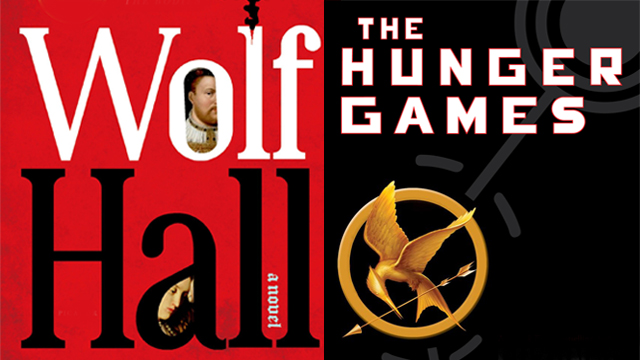In 2011, I completed the manuscript of my novel and was sending it out in the hope of getting a literary agent. As part of the process, I purchased a subscription to Publishers Marketplace, an online service that allowed me to research agents’ sales records. As part of the subscription, I also got a daily email reporting all the books that had been sold the previous day. It was a fascinating time for me, because reading the daily deals allowed me to get a big picture of what type of books were selling. I was not even a week into the process when one thing became immediately clear: the vast majority of books were focused either on the past or future. I write about the contemporary society, and was having trouble landing an agent. I began to ask myself, what’s so challenging about the present moment in our society that people have a hard time reading work set in the now?
Historical and futuristic/dystopic/paranormal stories are of great value, and have much to tell us about the human condition, but what's really driving the reading public’s current appetite for stories that take place anywhere but now? Maybe it's because we face unprecedented levels of environmental degradation, socio-economic inequality, and violence. And while technology virtually guarantees that we will be bombarded with TMI details about everything going on in the last five minutes, most of the internet conversations reinforce our hopelessness, highlighting the mean-spirited or disturbing for shock value.
I suspect that our culture is so anxious over the issues facing us that, if our present moment were a novel, it would be a thriller building to some economic, environmental, or political tragedy. It’s as if we, as readers, can’t take the suspense. We want to either skip ahead to the part after the tragedy has taken place where the hero or heroine try to make a life in the new society or we want to go back to some simpler time in the past (the '60s have been quite popular lately, but the 1700s to early 20th century are always in fashion). We have trouble inhabiting this moment.
With regard to the literary industry, it’s always hard to tell whether books sold represent the actual demand of the reading public or whether the supply is skewed by the tastes or biases of industry professionals. In a post this week on BuzzFeed books, author Daniel Jose Older criticized these industry professionals: “The publishing industry, people often say as if it’s a gigantic revelation, needs to make money and as such, it responds to The Market…” Older was making a case about the industry’s lack of racial diversity. “The publishing industry looks a lot like one of these best-selling teenage dystopias: white and full of people destroying each other to survive.”


